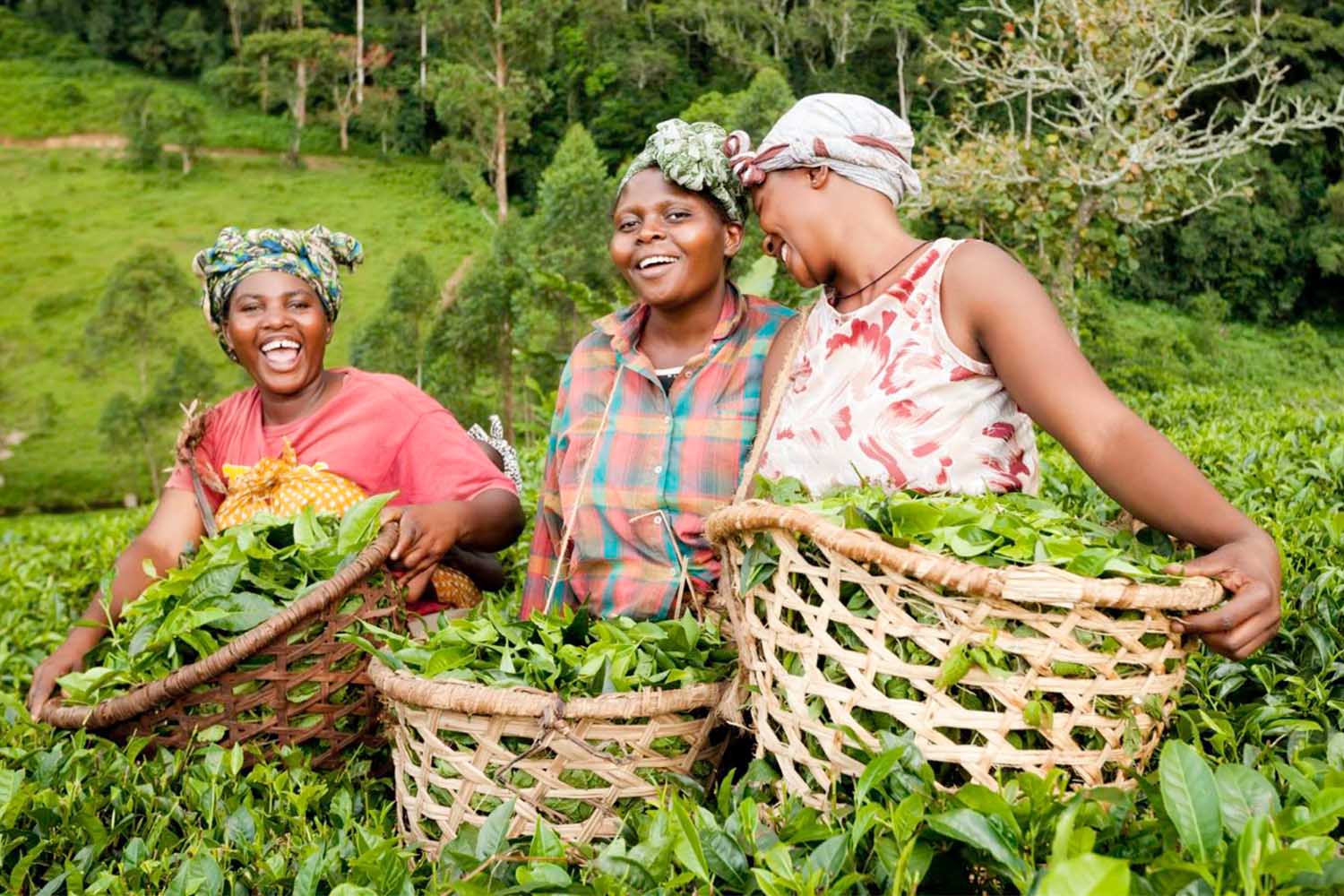Phone: +33 (0)4 76 22 98 97
Email: contact@as-food.com
According to the FAOIn Africa, 100 million tons of crops are lost every year, which would be enough to feed 300 million people in the world !
The highest loss rate is in fruits and vegetables (40%), especially during peak harvests.
At the same time, African countries import several billion dollars worth of food every year.
All these phenomena penalize local agri-food chains, thus posing a challenge in terms of food resilience and trade balance.
This recurring problem is due to several concomitant phenomena
Our solution is based on our fruit and vegetable processing mini-factories close to the fields, in combination with our partnerships promoting a virtuous ecosystem for rural communities. The following benefits can be expected from its implementation:

Our offer for communities and NGOs
We propose to communities and NGOs a public-private-NGO partnership in which the acquisition of the mini-factories is ensured by the community or the NGO, and the operational management of the mini-factories is ensured by us. To do so, ASFOOD recruits and trains personnel in the country. This management can be done in partnership with national private operators.
Simplified joint stock company (SAS), with capital of €100,000
AS-FOOD 3, avenue Marie Reynoard 38100 Grenoble
©2022 AS-Food, All Rights Reserved. By Digit Communication

